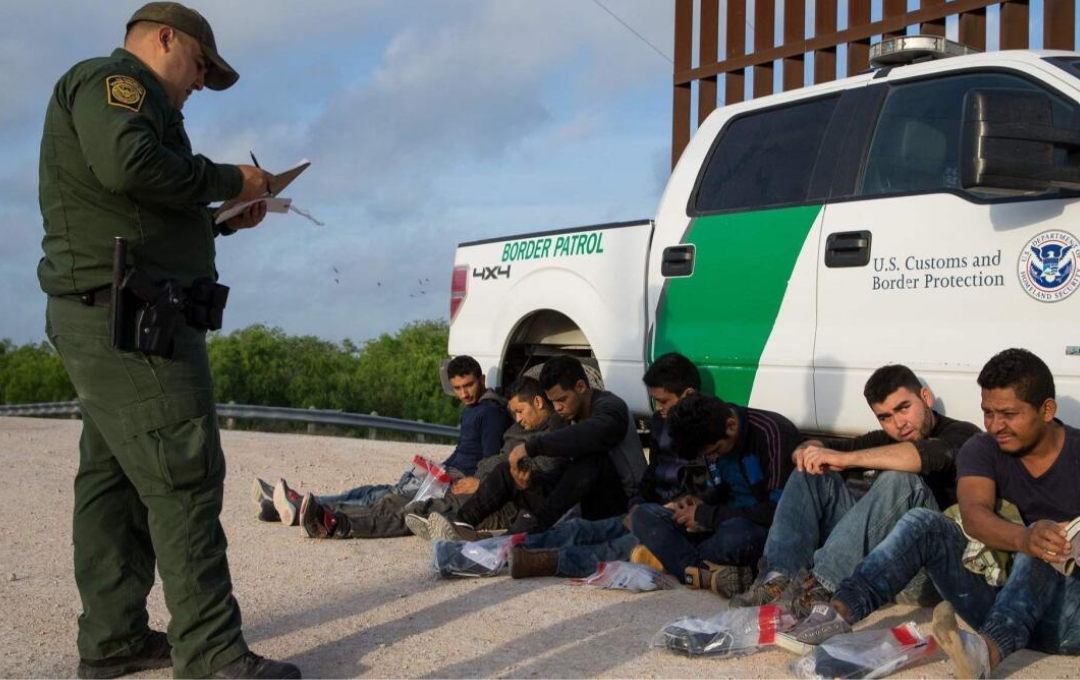ICE Raids in Kern County Boston and Nationwide
The topic of ICE (Immigration and Customs Enforcement) raids has become a recurring and emotional subject across the United States. From small communities like those in Kern County to bustling cities like Boston, the effects of these raids ripple far beyond the people directly impacted. In this article, we dive into the latest developments in ICE raids, their community implications, and actionable steps for affected individuals and allies.
What Are ICE Raids?
ICE raids are targeted operations carried out by the U.S. Immigration and Customs Enforcement to detain individuals suspected of violating immigration laws. These operations often include coordinated efforts at homes, workplaces, and public spaces, sparking fear and confusion among immigrant communities.
- Purpose of the Raids: ICE aims to enforce federal immigration laws, focusing on detaining undocumented immigrants or individuals with prior deportation orders.
- Controversy: Critics argue that these actions disproportionately harm communities, leading to family separations and workplace disruptions.
The Recent Spike in ICE Raids in Kern County
Kern County, located in California’s Central Valley, has witnessed an increase in ICE activities recently, creating widespread concern among its immigrant population.
Key Incidents
- Rural Community Raids: Several small agricultural towns have reported a rise in workplace and neighborhood ICE operations. This has deeply affected farmworkers who fear losing their livelihoods.
- Impact on Families: Families in Kern County report children being left in the care of relatives after sudden detentions of parents.
Legal and Community Responses
- Local advocates have stepped up to provide Know Your Rights workshops, ensuring affected individuals understand their legal options.
- Organizations like the American Civil Liberties Union (ACLU) have criticized these activities, citing a lack of transparency and alleged violations of due process.
ICE Raids in Boston: An Urban Perspective
While Kern County faces rural challenges, Boston’s immigrant communities are also grappling with ICE enforcement in a more urbanized setting.
Reported Activities
- High-Visibility Detentions: Neighborhoods with significant immigrant populations, such as East Boston, have seen highly visible enforcement actions.
- Targeted Operations: Reports suggest ICE is focusing on individuals with prior deportation orders or criminal records.
Boston’s Response
- Sanctuary City Policies: Boston has reinforced its sanctuary city status, limiting local law enforcement’s collaboration with ICE.
- Community Organizing: Grassroots movements in Boston have mobilized protests and fundraisers to support affected families.
What’s Happening Today with ICE Raids Nationwide?
The uptick in raids isn’t confined to Kern County or Boston. Across the United States, ICE’s enforcement tactics are under scrutiny.
National Trends
- Increase in Workplace Raids: Industries like agriculture, construction, and food processing remain key targets for ICE.
- Broadening of Targets: Previously focused on specific individuals, some raids now involve larger groups, intensifying fear in immigrant communities.
- Technology in Raids: ICE has increasingly relied on surveillance tools to locate individuals.
Federal Government’s Stance
Current policy changes or statements by the administration play a pivotal role in shaping the intensity and scope of ICE raids. Officials often justify these actions as national security measures, but detractors point to the human cost.
Impact of ICE Raids on Communities
Emotional and Mental Health Consequences
For families caught in the crosshairs of ICE enforcement, the stress can be overwhelming, causing:
- Trauma in children witnessing the detention of loved ones.
- Anxiety and fear of everyday activities, such as going to work or school.
Economic Consequences
Communities reliant on immigrant labor face economic uncertainty when raids disrupt the workforce.
Impact of ICE Raids on Communities
Know Your Rights
Immigrants must understand their legal protections during ICE encounters:
- Do not open your door unless presented with a valid warrant signed by a judge.
- You have the right to remain silent and request a lawyer.
- Carry a Rights Card to invoke your constitutional protections.
Legal Support Resources
Organizations like United We Dream and the Immigrant Defense Project offer critical resources for immigrants.
Steps Communities Are Taking
Raising Awareness
Local leaders and activists are spreading information through workshops, social media campaigns, and in-person meetings.
Building Support Systems
Faith-based groups and community centers often provide emotional and material support, including food and housing assistance for families in crisis.
How You Can Help?
Volunteer Opportunities
Support legal aid organizations or volunteer at community workshops.
Advocacy
Call local representatives and demand transparency and fair treatment in immigration enforcement practices.
FAQs
- What should I do if ICE comes to my door?
Stay calm, do not open the door, and ask for a judicial warrant. Seek immediate legal counsel. - Are ICE raids increasing nationwide?
Data indicates a noticeable rise in certain regions, including both urban and rural areas. - How can I support immigrants during raids?
Offer resources, volunteer time, and donate to reputable organizations aiding affected families. - What rights do undocumented immigrants have?
Undocumented immigrants have constitutional protections, including the right to due process and the right to remain silent. - What resources are available for affected communities?
Groups like the National Immigration Law Center and ACLU provide guidance, legal assistance, and community workshops.







100pluscasinoi – now that’s a bold name! Gotta see if their game selection lives up to the hype. Time to find out! Check out 100pluscasinoi